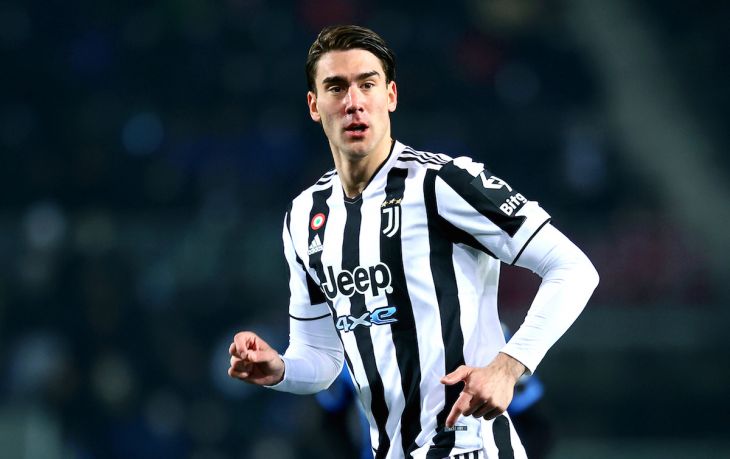In the high-stakes world of European football, where transfer fees soar and wages inflate, a new financial directive appears to be taking hold at one of Italy’s most iconic clubs, Juventus. Recent insights from football analyst Carlo Nesti on Radio Sportiva have shed light on a pivotal shift in the relationship between the club and its majority owner, Exor, the sprawling holding company led by John Elkann.
The Colossus and Its Football Gem
Exor is an undeniable financial powerhouse, boasting an estimated value between 30 and 45 billion euros. This colossal entity holds a significant 65 percent stake in Juventus. Yet, within this vast portfolio, the esteemed football club accounts for a mere 3.4 percent of the entire holding. This seemingly small percentage belies the club’s immense cultural and sporting significance, but perhaps also informs the pragmatic financial decisions now being made at the very top.
The «Pulverized» Billions: A Retrospective
According to Nesti, John Elkann has injected approximately 900 million euros into Juventus over recent years. A sum of this magnitude, for most businesses, would signal robust investment and a clear path to growth. However, Nesti’s assessment is stark: these millions have, in his words, been “pulverized.” This potent term suggests that the substantial capital injections have not yielded the expected returns, whether in terms of sporting success, financial stability, or increased asset value. It points to a period where significant outlays seem to have evaporated without tangible, lasting benefits, raising pertinent questions about past strategic financial management.
The Pivot: Taps Closed, Future Promised
The crucial revelation from Nesti is Elkann’s current stance: while future investments have been promised, the immediate financial “taps” have been closed. This is a clear signal that the era of continuous, direct capital injections is, for now, on hold. For a club like Juventus, accustomed to backing from its wealthy ownership, this represents a significant strategic recalibration. It suggests a move away from external reliance towards an internal drive for financial sustainability.
The Mandate: Financial Self-Management
The immediate consequence of this decision is a clear mandate for Juventus: the club must now operate under «financial self-management.» This means the onus is firmly on the club’s leadership to generate its own revenues, manage its expenditures prudently, and build a sustainable financial model without the constant expectation of bailout funds from Exor. In an environment where rivals continue to spend heavily, Juventus must now master the art of fiscal responsibility while remaining competitive at the highest levels.
Implications for the Bianconeri
This shift will undoubtedly impact Juventus`s approach to the transfer market, wage structures, and long-term planning. Gone might be the days of extravagant, high-risk signings that rely on owner backing to balance the books. Instead, focus will likely turn to developing homegrown talent, shrewd player trading, and maximizing commercial revenues. The challenge is immense: how does a global football giant maintain its elite status when its primary benefactor is, for now, holding its purse strings tight?
There`s a subtle irony in the situation: a club representing just a sliver of its owner`s immense wealth finds itself in a position where nearly a billion euros, once poured in, appear to have vanished without the desired effect, necessitating a period of austere self-reliance. It’s a compelling reminder that even for the most well-heeled entities, football finance demands a unique blend of passion, patience, and unwavering fiscal discipline.
A New Chapter of Prudence
Juventus stands at a financial crossroads. The decision by John Elkann and Exor marks the beginning of a new chapter, one defined by prudence, efficiency, and a robust commitment to financial independence. How the club navigates this path will not only define its future on the pitch but also serve as a compelling case study in modern football economics.

